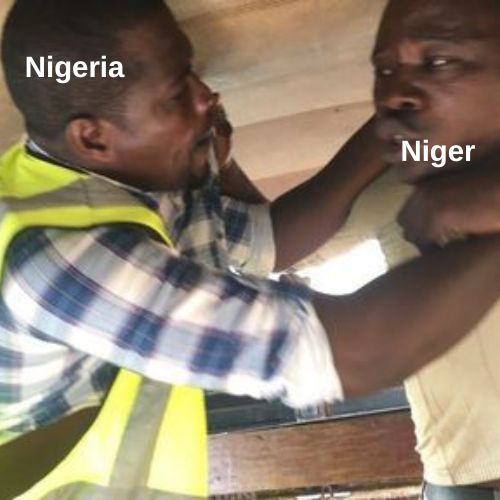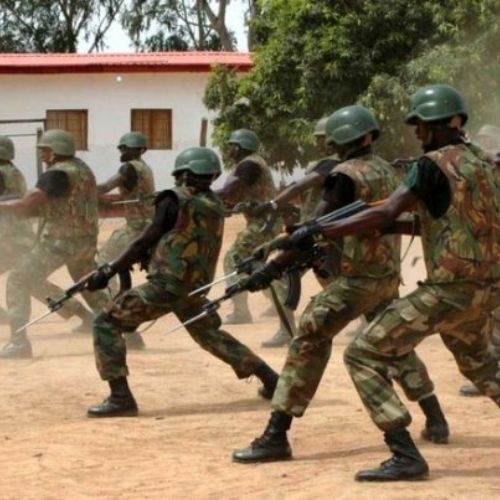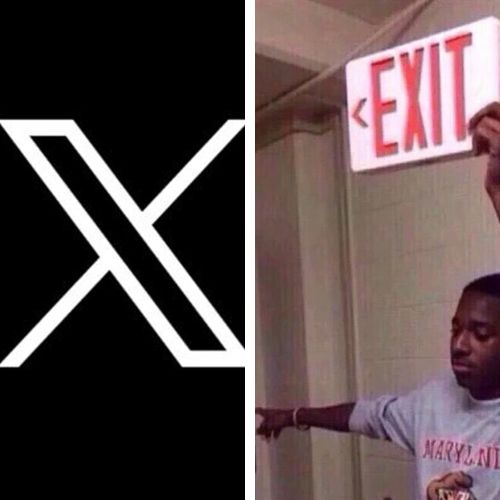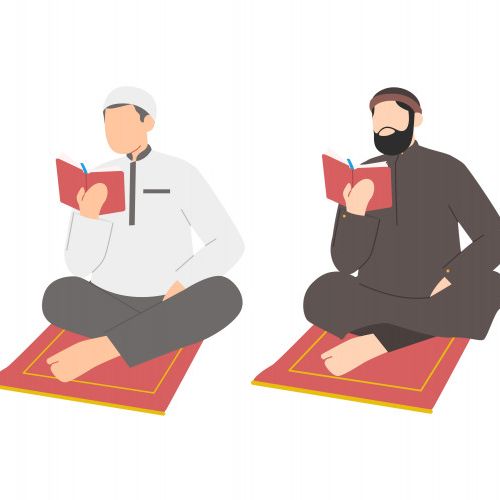The Nigerian experience is physical, emotional and sometimes international. No one knows it better than our features on #TheAbroadLife, a series where we detail and explore Nigerian experiences while living abroad.
Today’s subject on Abroad Life moved to Togo for school in 2017 and met a country very different from what he’d imagined it was like, growing up in Nigeria. He shares what it’s like living in a French-speaking African country, his newness to the relaxed culture, and why more Nigerians should visit other African countries.
What’s your travelling history like?
I didn’t travel much when I was a kid, but we lived in a different country for a while. My mum got a job with a relief organisation that did some humanitarian work in DR Congo. So that’s where I spent four years of my life.
What was that like?
It’s mostly a blurry memory, but I remember there being a lot of people from different cultures. Congo is like Nigeria in many ways, but it’s also different. They have many tribes and sub-tribes that have beef and still marry each other all the time, just like Nigerians. But they’re also poor, which is wild because the country has more resources than Nigeria. I came back when I was ten.
What was settling back in Nigeria like?
I basically lost contact with the friends I played with back in Congo. But our financial condition became better at home because my dad started lecturing at different universities. He couldn’t do this when we were in Congo.
Interesting. So when did you decide to leave Nigeria for Togo?
I won’t say I decided on it to be honest. The opportunity presented itself. I graduated from secondary school in 2015 and didn’t immediately get admitted into a university. I wrote JAMB but my score was so bad that I didn’t even get admitted for any course. So for the next one year, I needed something to do. My mum had said something about learning French because she’s a polyglot.
I didn’t really buy the idea, but since I didn’t have anything to do, I agreed to it. I enrolled at Alliance Francaise and learnt French for a year.
The plan was to use my proficiency in French as a means of gaining admission to study in France, but that didn’t play out as hoped.
What happened?
Nigeria fell on harder times in 2016, and the exchange rate went up. My parents couldn’t afford the tuition fees anymore, so I had to start thinking about alternatives. Fortunately, I’d already applied to OAU. I got accepted, although it wasn’t for a course of my choice. My choice was mechanical engineering, but I’d been admitted for mathematics instead. I decided to take it and resumed school in early 2017. I stayed for a year. Right after the second semester, I knew I couldn’t withstand the madness of the school. The lecturers didn’t care much, we had insane timelines, and the curriculum was very weird. I was used to learning from scratch, but here I was feeling like there was a gap in my education that was left to me fill. I told my parents I didn’t think I could continue.
How did they take it?
They actually took it very well. My dad is a lecturer so he understood what I was talking about. Again, we started looking for alternatives, and my mum suggested Togo. I could already speak French, and it’s a West African country, so there weren’t any visa requirements. She also had people Togolese friends from her work who spoke highly of the standard of education there, so that crystallised the decision. To answer your initial question, I’d say the decision to study in Togo was made in 2017.
What was the process like?
My mum found out about this catholic university in Togo that had a good admission rate. I just needed to show my WAEC results and a few other documents, and I was good. I applied sometime in late 2017 and got admitted to study computer science and mathematics. I’d seen what studying mechanical engineering was like through my friends in OAU, and I no longer wanted it. I chose computer science and mathematics, and that’s what I got.
Sweet. What was immigration like?
I had my passport and admission letter, so it was easy to prove to the people at the borders that I was entering Togo for school. It was more of a long road trip than I assume a typical japa journey would be like. The only issue I had was when the immigration officers at the Togo border claimed my passport was a “virgin passport”, so I had to pay some money.
When I got to Lome, my mum had already arranged for one of her friends to come to pick me up at the park and take me to school. I stayed with her for a week while I sorted out registration at school.
What was Togo like? Expectations vs reality
The first thing I noticed was how relaxed it was compared to Lagos, where there’s this air of struggle. Here, life isn’t so hard for them. The streets aren’t buzzing till long after it’s dark and there’s generally a sense of calm here. I don’t have to wake up before dawn just so I can get to somewhere I have to be. It made me realise that what we call “hustling spirit” in Nigeria is just suffering.
Another thing I noticed was there were motorcycles everywhere, and unlike in Nigeria, they all had helmets on. It’s as if everyone owned a motorcycle and you couldn’t really tell if a motorcycle was commercial or personal.
Coming here corrected a bias I’d previously held in my mind, that other African countries are poor and somewhat rural. Even though I’d lived in Congo once before, I just had the thought somewhere in my head. Living in Lome has made me realise how much I didn’t know about other places in Africa. Lome was cleaner than Lagos, with nicer buildings, and apparently, better city planning.
They had cleaner beaches too, but I that’s because the country is not very populated. So, while my first impression wasn’t shocking or anything, it was very eye-opening.
Tell me about the people
The Togolese are a little brash, and it’s not uncommon to see a seemingly small argument escalate because people just won’t calm down. But they’re also some of the most accommodating people I’ve known. I spent four years in school, and for the first two, I didn’t go home during the holidays. I’d just stay at a classmate’s home, and it was always a lot of fun. We’d explore places in Togo that I didn’t have the chance to explore during school session.
One contrasting thing is how they tend to see Nigerians as noisemakers who like to shout to get their way. I’ve heard people make that comment so many times because they’re surprised that I’m actually an introvert.
Also, Togo is a french-speaking country, but most people can speak English, especially pidgin English, so it’s a bit easy to get by without understanding French. But not in school sha.
What’s school like?
The classes are obviously in French, but the curriculum is also a lot more detailed than I experienced back in Nigeria. Even though it was a three-year programme, it went very deep because we weren’t just learning in class. We were assigned to study groups to help us get through the material faster.
This really helped when COVID hit in 2020. I had to come back to Nigeria, but classes simply went on as if nothing happened. We moved our main classes to Discord, where we managed our study groups before. It wasn’t as easy as being in a classroom — they even rushed us harder — but it was better than having nothing at all.
I met people from other African countries and made really good friends. The experience helped me realise I didn’t know anything about other African countries in general. When I blow, I’ll make sure to visit as many of them as possible. There’s just too much to see.
So, how did your Togo story end?
I graduated from school in 2021 and came back home to look for work as a mobile developer. My brain has somehow reset into the hustle mode every Nigerian falls into.
LMAO. Do you think you’ll leave again?
It’s definitely in the cards for me, but I want to make some money first. I can’t japa without funds, please.
Hey there! My name is Sheriff and I’m the writer of Abroad Life. If you’re a Nigerian and you live or have lived abroad, I would love to talk to you about what that experience feels like and feature you on Abroad Life. All you need to do is fill out this short form, and I’ll be in contact.




